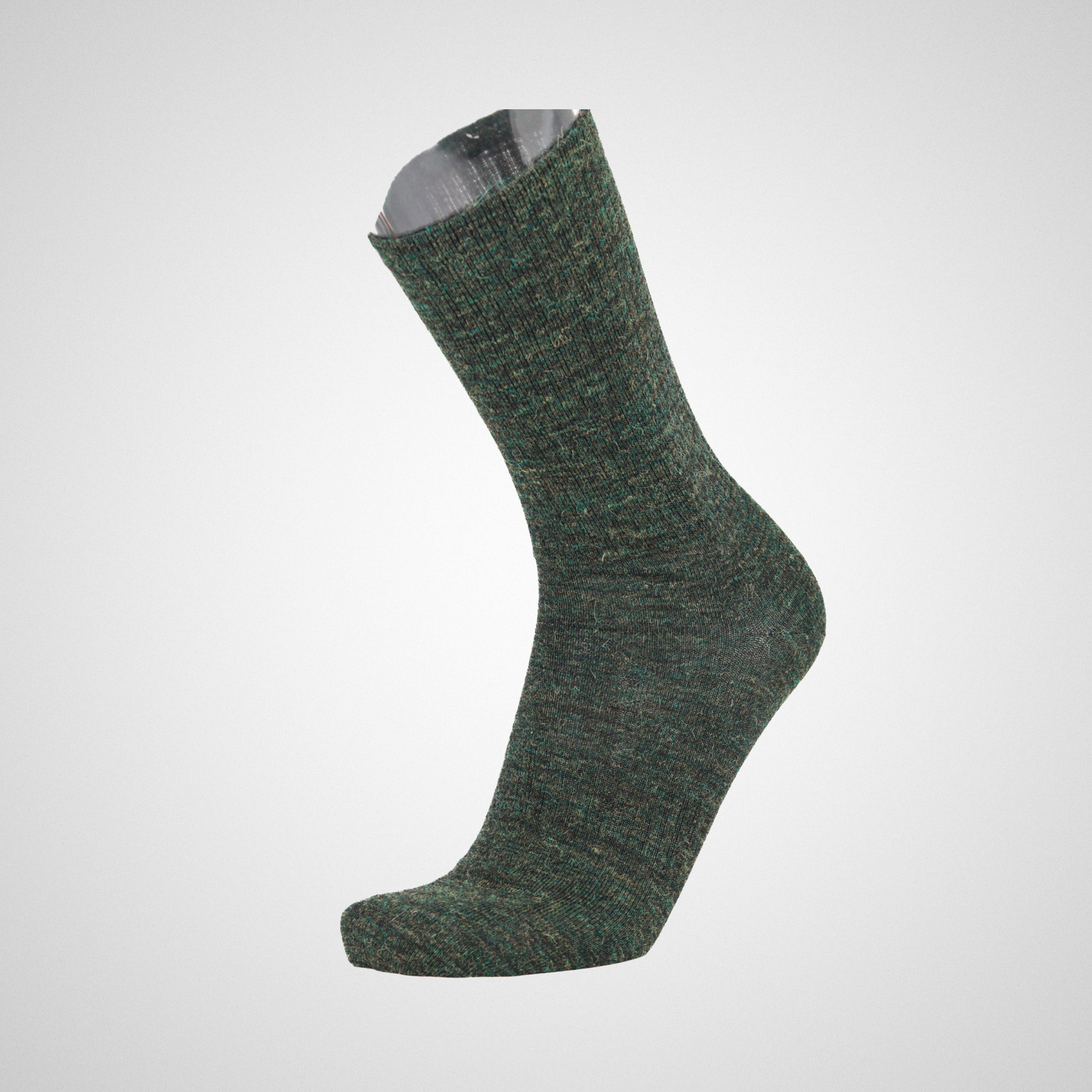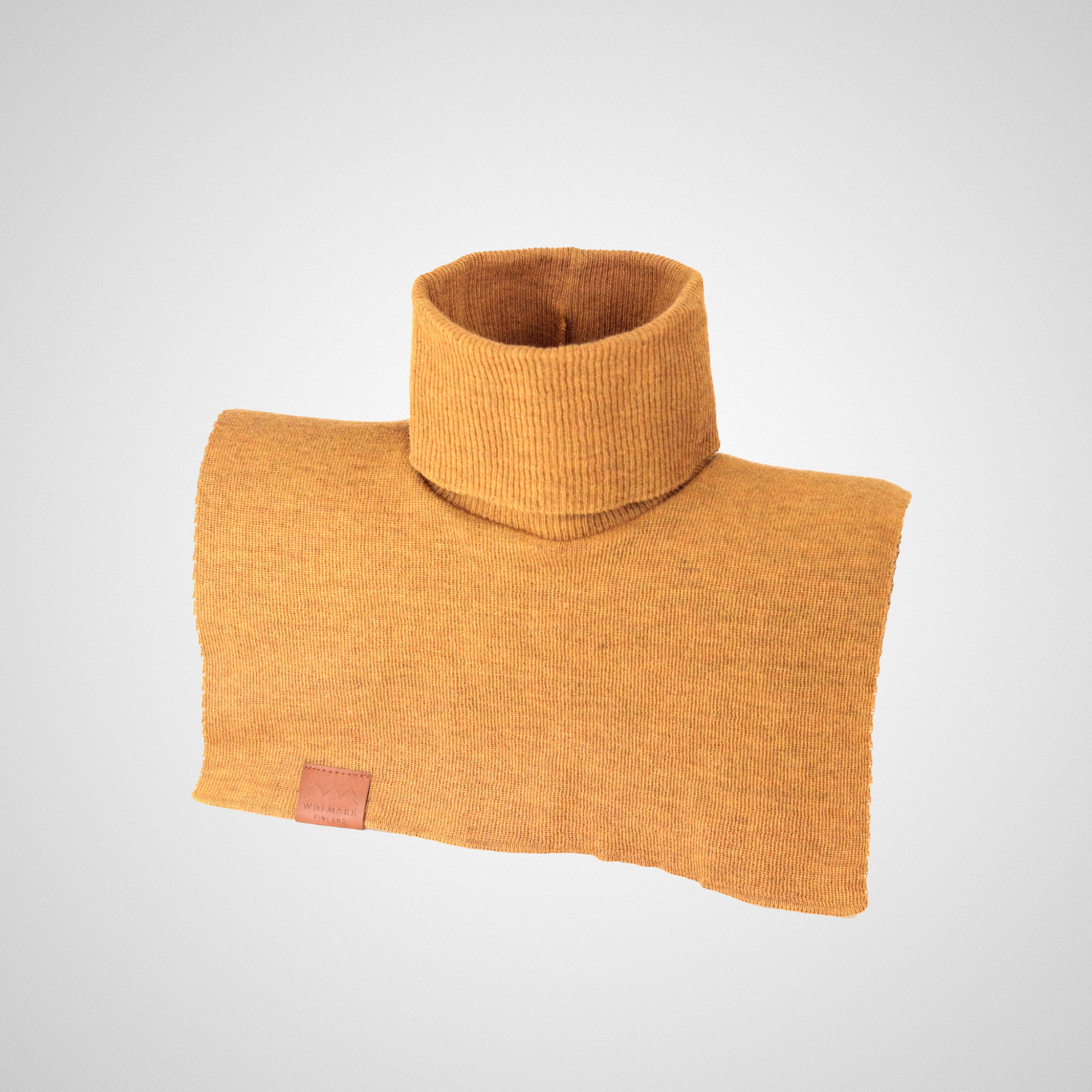Alpaca Wool

WHY ALPACA WOOL?
The alpaca originally lived in the high mountains of the Andes in South America in Peru, Chile and Bolivia. The Incas domesticated the animal thousands of years ago because of the properties of alpaca wool. Today, there are approximately 5 million alpacas worldwide, 90% of which live in Peru, which is also the world's largest producer of alpaca wool. Wool has many properties that make it an exceptional material. Because of the fine heritage, uniqueness and properties, we use alpaca wool. Let's go through the properties of this fine animal's wool in a little more detail.
Alpaca wool properties in a nutshell
- Body temperature regulating material
- Moisture management
- Antibacterial material
- Allergy-free material
- Environment friendly
- Animal friendly
- Heat resistant
- Alpaca wool is also a light and soft material
Alpaca Wool Regulates Body Temperature
Alpaca wool effectively regulates body temperature. For example, a sweater keeps you cool when it's hot – and warm when it's cold. Wool contains microscopic air pockets that make it superior in regulating heat.
Alpaca Wool Has Moisture Management Properties
Alpaca wool absorbs the least amount of moisture compared to other wools, and thanks to its fiber structure, it is also able to effectively evaporate moisture from the skin. Thanks to its fiber structure, it also acts as an effective heat insulator, even if it gets wet.
Alpaca Villa Is Animal Friendly
Alpacas are gentle, intelligent and curious, and despite being domesticated, they live semi-wild, grazing in the Andes mountains. Alpacas are shorn once a year in the spring so they have plenty of time to grow wool back for the winter. Alpacas do not naturally shed their wool, and wool collection is important for the animals' health and comfort.
The alpaca is a well-respected animal in Peruvian culture, and unlike many other animals, there are no cruel practices in the collection of alpaca wool.
Alpaca wool can withstand heat
Wool repels flames very effectively. It ignites slowly, has self-extinguishing properties and releases little heat. Unlike synthetic fibers, it does not melt, but carbonizes. Please note that neither alpaca wool nor our wool products are 100% fireproof!
Alpaca wool is antibacterial
Alpaca wool is naturally antibacterial, meaning wool either kills bacteria completely or significantly slows down their growth. This is because alpaca wool is technically hair with a keratin core inside. Thanks to keratin, it has antimicrobial properties that make sweaters easy to maintain. It is best to just air the sweater instead of washing it. However, if your own product needs washing, please see our Washing instructions for alpaca wool here .
Alpaca wool is allergy-free
Alpaca wool is also naturally lanolin-free. Lanolin is sheep's wool fat that can cause allergic reactions. The yarn we use has GOTS, Fair Trade and Öko-tex 100 certificates, which guarantee that no chemicals harmful to people or nature have been used in the production of the yarn.
Alpaca wool is light
As already mentioned before, wool contains microscopic air pockets, which enable its characteristic light structure. Baby Alpakka quality in particular is light and soft. Despite its name, the yarn does not actually come from young alpacas, but is a definition of a fiber of a certain thickness. So the name has no reference to young alpacas, but even an old alpaca can also produce baby quality. Even if it is rolled several times.
Alpaca wool is soft
The naturally very soft alpaca wool has two factors that affect its softness: the thickness of the picked hair, which is measured in microns, and the thickness of the hair scales. Alpaca can therefore feel rougher than, for example, merino wool, if the micron size of the wool used in the product is lower. Alpaca often has a softer feel, even if the wool is rougher, because its scales are finer than other wools of animal origin.
Alpaca Villa Is Responsible
Our product manufacturers and partners promote social sustainability in their companies. The yarn manufacturer Michell has been awarded the Fair Trade label, which guarantees fair wages and decent working conditions. They also have programs that support Peruvian education and culture.
Alpakan Villa Is Environmentally Friendly
Alpacas consume very little of the surrounding nature and the alpaca wool itself leaves a very small carbon footprint. Alpacas have very soft paws that do not destroy the pasture land. Also, alpacas do not eat pasture grass with its roots, but only green shoots, leaving behind a green pasture in the future.
The yarn we use is certified with Fair Trade, GOTS and Öko-tex certificates, and for every Wølmark sweater, €5 is donated to the protection of Finnish virgin forests.
Alpakan Villa vs. Merino wool
Do you want to know how alpaca wool differs from merino wool? We have made a separate page for differences. The information has been compiled from various studies, links to which can be found at the bottom of the page. Go to the Alpaca vs. Merino page.




